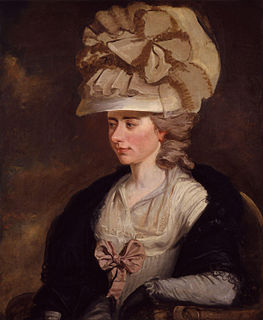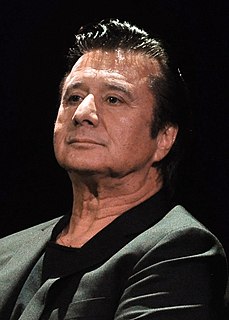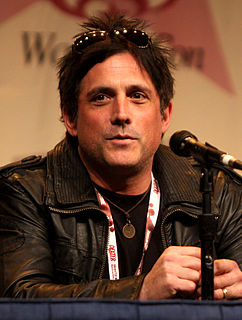A Quote by Joseph Addison
I... recommend to every one of my Readers, the keeping a Journal of their Lives for one Week, and setting down punctually their whole Series of Employments during that Space of Time. This kind of Self-Examination would give them a true State of themselves, and incline them to consider seriously what they are about. One Day would rectifie the Omissions of another, and make a Man weigh all those indifferent Actions, which, though they are easily forgotten, must certainly be accounted for.
Quote Topics
About
Actions
Another
Certainly
Consider
Day
Down
Easily
Easily Forgotten
Every
Examination
Forgotten
Give
Incline
Indifferent
Journal
Keeping
Keeping A Journal
Kind
Lives
Make
Man
Must
One Day
Readers
Recommend
Self
Self-Examination
Series
Seriously
Setting
Space
State
Them
Themselves
Those
Though
Time
True
Week
Weigh
Which
Whole
Would
Related Quotes
One realizes that human relationships are the tragic necessity of human life; that they can never be wholly satisfactory, that every ego is half the time greedily seeking them, and half the time pulling away from them. In those simple relationships of loving husband and wife, affectionate sisters, children and grandmother, there are innumerable shades of sweetness and anguish which make up the pattern of our lives day by day, though they are not down in the list of subjects from which the conventional novelist works.
I see a lot of young female performers who do not call themselves feminist, but would certainly believe in their own right to self-determination, and wouldn't want anybody to stop them from becoming themselves. They just refuse to recognize the relationship between their lives and those of other women, or feel any solidarity there.
The world state must begin; it can only begin, as a propaganda cult, or as a group of propagandist cults, to which men and women must give themselves and their energies, regardless of the consequence to themselves The activities of a cult which sets itself to bring about the world-state would at first be propagandist, they would be intellectual and educational, and only as a sufficient mass of opinion and will had accumulated would they become to a predominant extent politically constructive. Such a cult must direct itself particularly to the teaching of the young.
If they had only themselves to consider, lovers would not need to marry, but they must think of others and of other things. They say their vows to the community as much as to one another, and the community gathers around them to hear and to wish them well, on their behalf and its own. It gathers around them because it understands how necessary, how joyful, and how fearful this joining is. These lovers, pledging themselves to one another "until death," are giving themselves away, and they are joined by this as no law or contract could join them.
If there were some solitary or feral man, the passions of the soul would be sufficient for him; by them he would be conformed to things in order that he might have knowledge of them. But because man is naturally political and social, there is need for one man to make his conceptions known to others, which is done with speech. So significant speech was needed if men were to live together. Which is why those of different tongues do not easily live together.
Well. There was noting to be done for it. Things had happened as they did, time's arrow had yet to be reversed by humans, done was done. If a man spent his life looking over his shoulder at every possible branching of his path he could have taken, he would never accomplish anything. One must learn from history so as not to repeat it, but one must not waste one's energy or time worrying about what might have been. Sorry . . . but people die every day and the galaxy continues on quite well without them. Consider yourself lucky you are one of those as yet unselected by the Fates.
There is this strange fog of being a young man that I would refer to as soft time. Time does not go forward there. It's a series of doors that kind of wind back into one another, like a series of doors in the upper floor of a house. You revisit the same lessons over and over again, or you choose to ignore them.
Those promises we make to ourselves when we are younger, about how we mean to conduct our adult lives, can it be true we break every last one of them? All except for one, I suppose: the promise to judge ourselves by those standards, the promise to remember the child who would be so appalled by compromise, the child who would find jadedness wicked.
I could learn photography. That could be something to want. I could photograph children. I could have my own children. I would give them yellow roses. And if they got too loud, I would just put them some place quiet. Put them in the oven. And I would kiss them every day, and tell them you don't have to be anybody, because I would know that being somebody doesn't make you anybody anyway.
My mom used to cut out articles from the 'Atlanta Journal Constitution' when I was in high school. She would either give them to me to read or she would post them on the fridge. These articles would usually be stories of someone inventing something, breaking records, or achieving some kind of success.






































